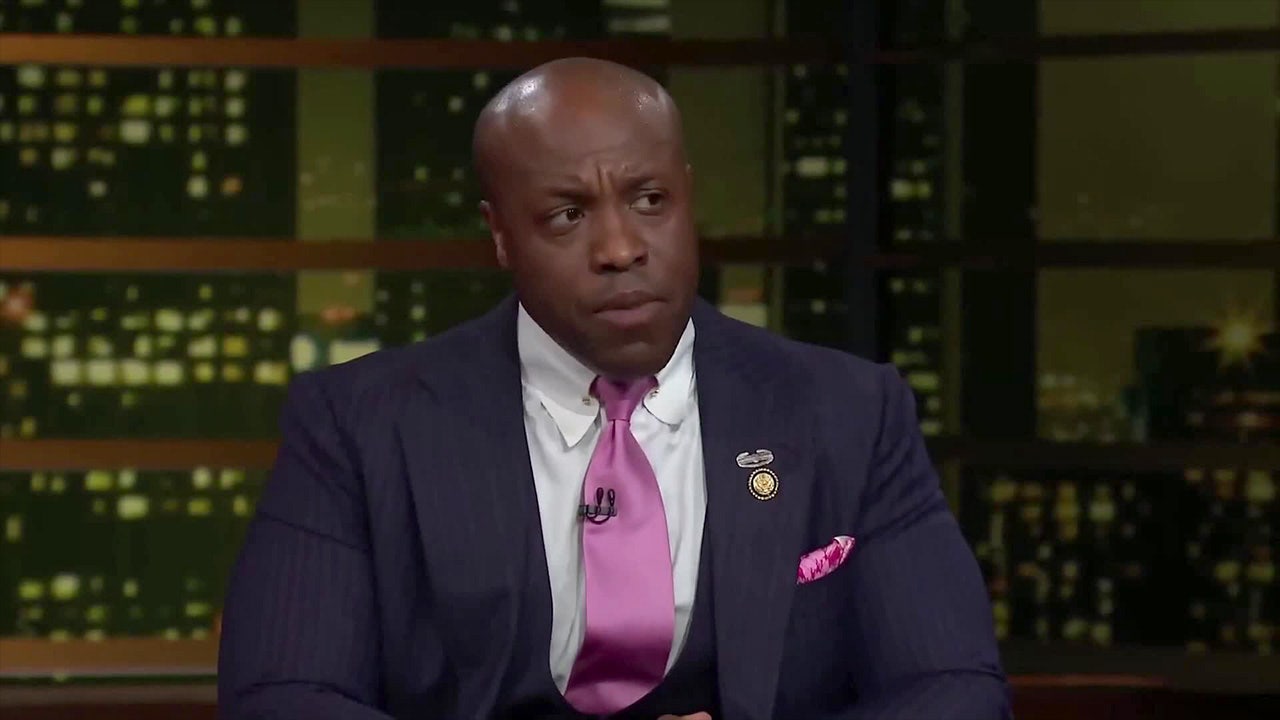Trump Revives Threat to Dismiss Federal Reserve Chair Jerome Powell

US President Donald Trump has reignited his long-standing feud with Federal Reserve Chair Jerome Powell, once again floating the possibility of his dismissal. In a scathing post on Truth Social, Trump launched a sharp attack on Powell, labeling him a "numbskull" and a "total and complete moron." Trump's renewed criticism centers on Powell's refusal to reduce interest rates, which Trump believes should be significantly lower, arguing that there is "virtually no inflation" in the economy. He expressed frustration, stating, "I don’t know why the Board doesn’t override this Total and Complete Moron! Maybe, just maybe, I’ll have to change my mind about firing him?" Despite this threat, Trump also noted that Powell’s current term is set to end in May 2026.
This renewed pressure from Trump comes shortly after the Federal Reserve's decision to maintain interest rates at a steady 4.25%–4.50%. Powell, supported by all six board members and five regional bank presidents, emphasized the necessity of patience as inflation gradually declines. In contrast, Trump advocates for a drastic reduction of rates to between 1% and 2%, asserting that such a move could yield annual savings of up to $1 trillion for the country. Reflecting on his past approaches, Trump remarked, "I’ve tried it all different ways. I’ve been nice, I’ve been neutral, and I’ve been nasty, and nice and neutral didn’t work!"
The legality of a president firing a Fed chair remains a contentious issue. According to The Hill, Powell has previously asserted that a sitting US president lacks the lawful authority to remove a Fed chair except for explicit cause, such as misconduct. This position is reinforced by a recent Supreme Court ruling that underscored the Fed’s unique structure as a quasi-independent entity, thereby limiting the president's direct power to dismiss the chair. Despite the political pressures, Powell has consistently stated that he would not resign if asked and that the Fed's decisions are based solely on economic data, not political influence.
Trump's intensified focus on the Federal Reserve coincides with discussions regarding potential rate cuts. Fed Governor Christopher Waller, often cited as a leading candidate for Powell’s successor, recently suggested that rate reductions could be implemented by July, citing easing inflation and indications of a weakening labor market. Nevertheless, Waller participated in the unanimous decision to keep rates unchanged this past week. Speculation is also rife that Trump is preparing to announce a nominee to replace Powell, potentially well in advance of his term's conclusion. Market analysts have voiced concerns that such an early announcement could introduce instability, creating a "shadow chair" dynamic where the incumbent chair and the president's nominee might pursue conflicting policy directions.
Several names are currently circulating as potential replacements for Powell, including Fed Governor Waller, former Fed Governor Kevin Warsh, former Trump nominee Judy Shelton, and White House economic adviser Kevin Hassett. However, any new Federal Reserve chair would require confirmation by the US Senate, a process that could extend over several months. Market strategists caution that the perception of a politically influenced appointment could significantly undermine confidence in the Federal Reserve’s crucial independence. As Callie Cox of Ritholtz Wealth Management noted, "Any Wall Street manager would tell you that Fed independence is the golden rule of markets." Meanwhile, Trump's escalating rhetoric and proposed tariff plans continue to introduce a layer of uncertainty into the central bank’s economic outlook for the latter half of 2025.












